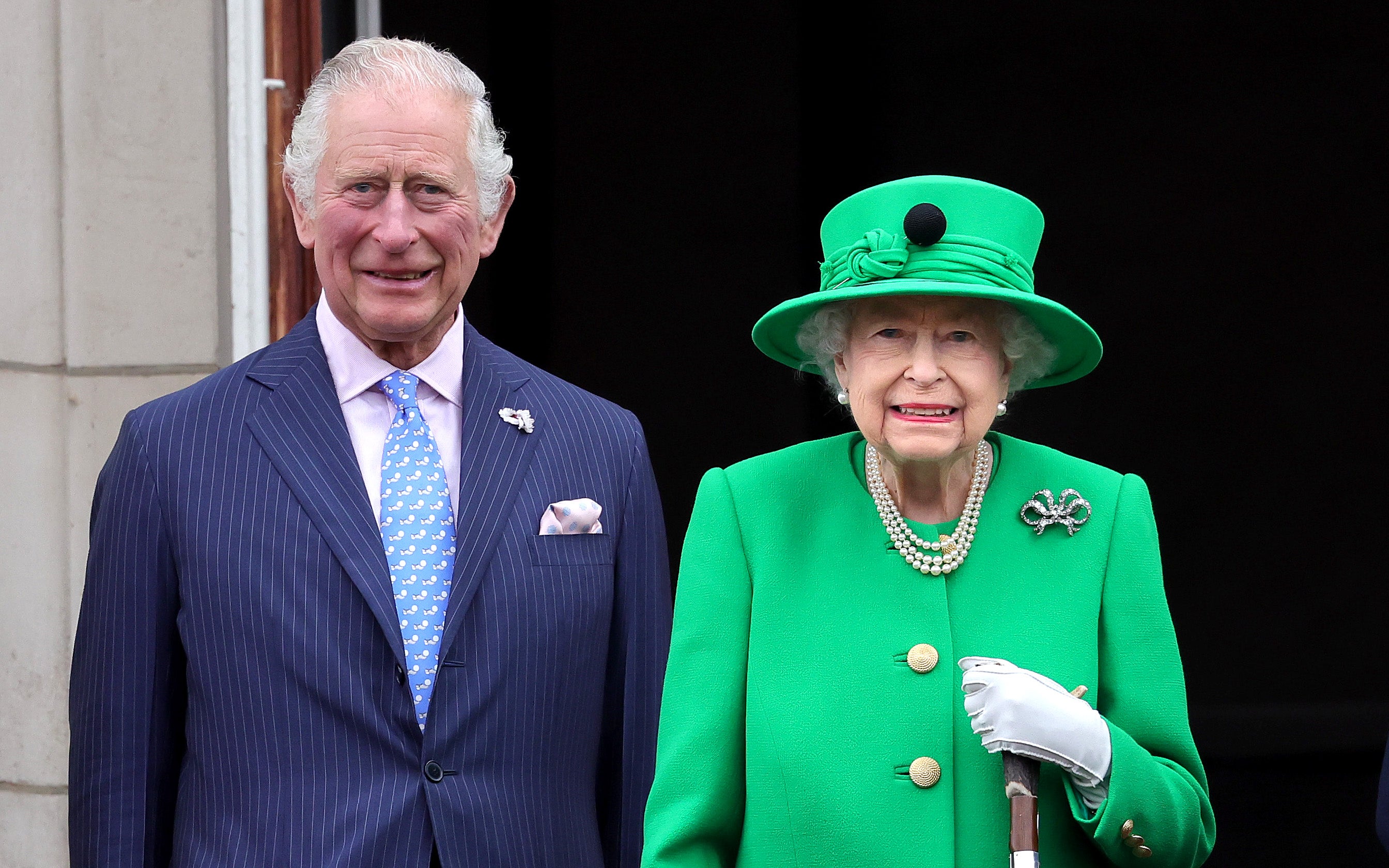
Prince Charles may be celebrating in private after the planned flight of asylum seekers to Rwanda was cancelled following legal action. According to anonymous sources, over the weekend Charles is reported to have said that he is “more than disappointed at the policy. He said he thinks the government’s whole approach is appalling. It was clear he was not impressed with the government’s direction of travel”.
Clarence House said in response to the leaked comments: “We would not comment on supposed anonymous private conversations with the Prince of Wales, except to restate that he remains politically neutral.” This refusal to comment was neither an acknowledgement that the conversation took place, nor an explicit denial of it.
The future British monarch’s political neutrality was a long time coming. The Crown’s power has, since the Magna Carta, slipped away from it little by little. First into councils, later parliament and the courts. When the monarchy was restored after the Civil War, its powers were never the same, and in the century that followed were even more severely limited. Although Britain does not have a formal, written constitution, it is a firmly accepted requirement that the monarch maintains a politically neutral position. In doing so they are able to act as a symbolic head of state that represents the entire country.
Making a private comment is well within Charles’ constitutional bounds of neutrality. That it was leaked to the press, of course, created room for criticism. It was also a reminder that the Prince of Wales has long been criticised as being too political for writing to ministers on a variety of topics over the years.
The royal family are still more than capable of setting an agenda
The royal family might be constitutionally required to maintain political neutrality, but they are still more than capable of setting an agenda. The causes they promote, and non-profit organisations they choose to highlight, are lent some of their extreme visibility. Choosing to work alongside a charity or scheme can bring it both nationwide and international coverage. Their influence, therefore, is not insignificant. While they are limited to broach matters that are important to them from a philanthropic or humanitarian perspective, they still have plenty of space in which to flex their muscles. Engagements, patronages, and speeches they give all result in a kind of attention for their causes that money alone would struggle to buy.
However, the causes that the royal family throw their weight behind do not exist in a vacuum. In fact, they are regularly influenced and created by political agendas. The increased use of foodbanks, the climate crisis, the rights of indigenous peoples — all of these are crucial humanitarian issues, but they aren’t just humanitarian issues: they are rooted in politics. Food bank usage in the United Kingdom has skyrocketed because of the cost of living crisis and years of austerity. The climate crisis gains momentum because governments fail to prioritise their net-zero targets and tackle the mass overconsumption in the West. Indigenous people need their rights restored because they had them stolen in the first place. Suggesting these issues can be removed entirely from their greater context and deemed as solely philanthropic seems somewhat ludicrous.

Legislation has set the course for these humanitarian crises and now they lie squarely in the middle of two realms, both political and matters of conscience. The conversations surrounding these issues will always be politically charged. A bit of mental gymnastics has to take place: the political causes separated from the humanitarian effects. The royal family, and Prince Charles in particular, are well-versed in focussing on the latter.
We can see, just through their dedication to certain causes like environmentalism, that the royal family are probably in opposition to some of the political agendas of the day. With constitutionally tied hands, the House of Windsor seem to try their best to tackle what they can, occasionally putting a toe just over the line. Unable to openly distance themselves from the government, they can only attempt it in the most indirect of ways. Where “matters of policy are decisions of government” as Clarence House put it, perhaps passive aggression is for the royal family.
When the day comes Charles will have to remain committed to the required performance of neutrality
The Prince of Wales has said himself that he understands that the role of monarch will require him to be less vocal than his current position of heir to the throne. He said in 2018 during a documentary filmed ahead of his 70th birthday that the heir to throne fulfils “a different function” to that of the sovereign and that when he takes the throne he “won’t be able to do the same things” and will “operate within the constitutional parameters”.
Becoming King will not only make him the head of state, but the head of the Church of England. There is strong opposition within the Anglican church against the Rwanda scheme. All the bishops who sit in the House of Lords have spoken out and declared it as so “immoral” it “should shame us as a nation”. They added that “our Christian heritage should inspire us to treat asylum seekers with compassion, fairness and justice”. This followed the Archbishop of Canterbury’s vocal opposition during his Easter Sunday sermon. He said then the scheme was “the opposite of the nature of God”.
Perhaps, Charles’ opposition to the Rwanda scheme lies similarly in the doctrines of Christian ethics and the seriousness with which he approaches his future role of King and Supreme Governor of the Church of England. Whatever his reasons are, when the day comes he will have to remain committed to the required performance of neutrality. But as a prince, he will always be political.







